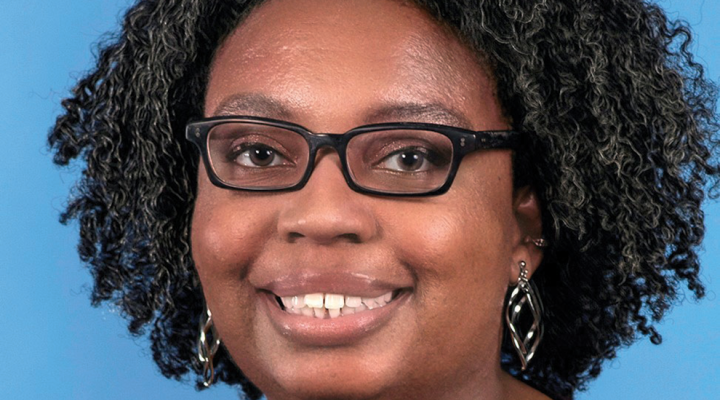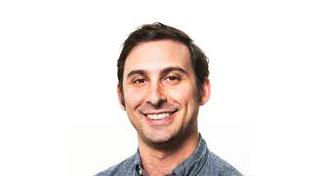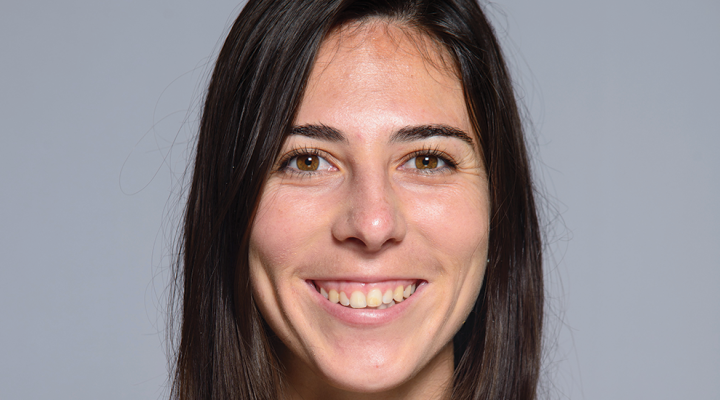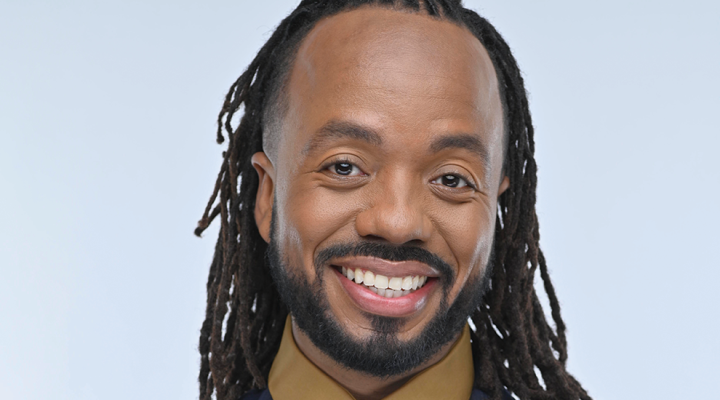"I knew pretty early on that I wanted to study meteorology in college; I had spent some time in High School volunteering at the National Weather Service Weather Forecast Office in Louisville, KY, and was a huge weather nerd. The biggest open question, though, was what I actually wanted to do with my degree in atmospheric science. I gambled that working hard in my major and supplementing with rigorous math, physics, and computer science courses would help me find my way as I worked through college.
At Cornell and as an undergraduate, I didn’t have a really well-developed idea of what research interested me until quite late. However, I knew that I wanted to fuse two different interests—computer science and atmospheric science. Naturally, something involving atmospheric or climate modeling was a good fit for joining these two interests. Professor Natalie Mahowald started teaching during my first year, and once I learned about her background and research interests, and how they involved numerical modeling, I approached her about research opportunities. I ended up working on a multi-disciplinary project involving biogeochemistry and climate.
EAS provided a very well-rounded STEM education. The comprehensive exposure to topics across math and science really prepared me for my graduate studies (the only person in my graduate cohort who I thought had seen more from their basic, mandatory classes than I did was a friend from Caltech—but that’s a whole different type of college experience.) But the really great thing about the major was that chance to integrate other interests. During my tenure on campus, a lot of EAS students would find time to study in applied economics and management or other pre-business courses. There was just as much opportunity to branch out into computer science or other technical courses of study, too—and there was always ample opportunity to bring that knowledge back home and apply it to EAS work in some way, shape or form.
I immediately attended MIT for graduate school after Cornell. There, I went straight into the Ph.D. program in atmospheric science, working on problems relating to aerosols in the climate system. My advisor didn’t have a set, mandatory project for me to work on, but we developed a very prescient project which used sophisticated new modeling techniques to build parameterizations for climate models which we hoped would improve our ability to study the aerosol indirect effect on climate.
I’m an avid violinist and still enjoy playing in numerous orchestras and chamber ensembles. Since moving to the private sector I’ve had to scale back considerably, but nothing feels as rewarding as picking up the violin after pouring over two decades of study into it.
Beyond my music, I spend a lot of time working on side projects involving cool technologies and computational problems. Nowadays, with the democratization of computing resources and their availability on the cloud, anyone can set up a high-performance computing system on the cheap. I continue some of my research, but spend just as much time looking at ways to apply AI and machine learning to interesting problems in our field.
Something I’ve learned over the last few years is not too to worry or hope too much about the long-term. I have personal goals, such as starting my family, but professionally, I’ve come to discover that the more you plan, the more likely you’ll be to miss really amazing opportunities as they randomly appear."
Rothenberg offers some advice to students:
"There’s this thing that you learn to appreciate later on in life called a “lifework balance.” It’s easy at a place like Cornell to lose yourself in your studies and your work. Don't. Always make time to cultivate your hobbies and interests, and be sure to stay in touch with your friends or social scene. As wonderful as meteorology and EAS are, there is much more to life than sitting in Mann library cramming for your dynamics mid-term every night. Go randomly grab a bite at one of the spots on the Commons, and say “hi” to a stranger. Check out what’s going on at Ithaca College. Make a short road trip to hike up Watkins Glen. If you’re into it, check out a concert in Syracuse or Rochester— the Cornell Concert Commission brings awesome shows to campus, but check out your favorite band in an unfamiliar environment. Join a totally random club just for the sake of it.
The point of all this is to experience all of the amazing things that Cornell and the region have to offer. After all, after college, you may never really get another chance to take advantage of them!
For the more hardcore, academic types: learn how to write scientific software. Develop and cultivate those skills early, and practice them often. The physical sciences are rapidly changing, and these technical skills—how to create reproducible, transparent code and work— will be the skills you need to succeed in the research world of tomorrow."





